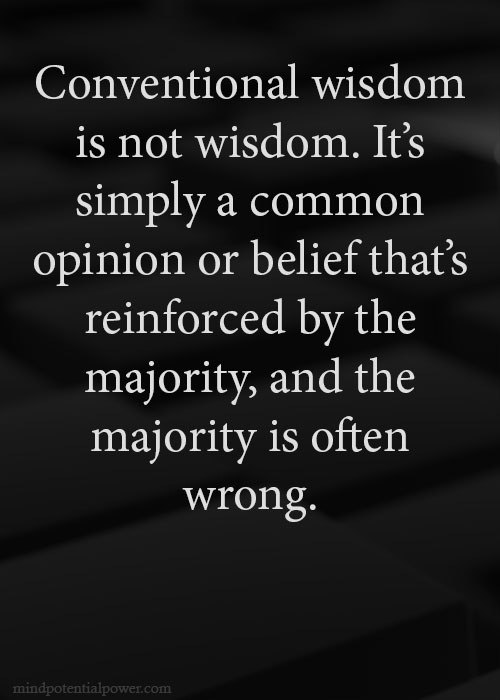Nerds, Geeks & Normies
What is the difference between a nerd, a geek, and a normie (normal person)? We are looking into their interests and general characteristics.

Nerd Definition
A nerd is a term often used to describe a person who is deeply passionate about intellectual, academic, or technical subjects, such as science, technology, mathematics, comics, video games, or other niche hobbies.
It can carry a connotation of being socially awkward or overly focused on these interests at the expense of broader social norms, though in modern usage, it’s frequently embraced as a positive or self-identifying label (e.g., “tech nerd” or “film nerd”). The word originated as slang in the 1950s, popularized by Dr. Seuss in his book If I Ran the Zoo (1950), where it referred to an imaginary creature.
By the 1960s and 1970s, it evolved into a stereotype for studious, uncool individuals, but today it’s largely reclaimed and celebrated in pop culture, thanks to figures like Bill Gates or shows like The Big Bang Theory. Related terms include “geek” (similar but sometimes more focused on fandoms) or “dork” (more about clumsiness).
Geek Definition
A geek is a term commonly used to describe someone who is intensely enthusiastic about a specific hobby, field, or subculture, often involving technology, gaming, science fiction, fantasy, comics, or other niche interests. Unlike broader stereotypes, geeks are typically seen as obsessive fans or experts in their chosen area, with a strong sense of community around shared passions (e.g., “computer geek” or “comic book geek”).
In contemporary usage, it’s largely a positive, self-affirming label that celebrates deep knowledge and dedication, though it can sometimes imply eccentricity or social niche-ness. The word’s origins trace back to the early 20th century, derived from the English dialect “geck” (fool) and popularized in American carnival slang as a “geek show” performer who did bizarre acts like biting off animal heads. By the 1980s and 1990s, it shifted to its modern meaning through tech culture and media like Revenge of the Nerds or Silicon Valley innovators.
Nerds vs Geeks
Today, the terms nerd and geek are often interchangeable with much overlap. However, there are some differences. Geeks are sometimes distinguished by a focus on fandoms and pop culture. The term nerd is often used to describe someone who is more academic in their pursuits. Nerds are more work, study, and education focused, while geeks are more niche interest focused.
Normies (Normal People)
Most normal people or normies are focused on things like their friends, family, their own and other people’s relationships, socializing. They are also strongly attuned to, and motivated to gain social status. They may have interests in movies and entertainment. However, these interests will be of less importance. Because of this, they will have less knowledge about them. Normies represent the conventional, the normal, therefore the majority.
Personality Traits (Big Five)
Normies will likely be more on the extroverted side. They will also have a strong interest in people and emotions. This is connected with being relatively high on trait agreeableness.
Geeks and nerds will be more on the introverted side. They are happy to spend more time on their own, either working and learning, or immersed in their interests, hobbies and passions. Nerds have a stronger work ethic, so they will be higher in trait conscientiousness/industriousness. Both will likely be high in trait openness, which connects to imagination, interest in aesthetics and an interest in ideas. In general, geeks and nerds will have a stronger interest in things over people. This comes with more of a focus on systems and patterns rather than emotions and relationships.
To fit in, or not to fit in?
Some nerds or geeks want to fit in with the normies. They are likely overwhelmed by their desire for social status, and the simplest way to attain status is to go along with the normal views, motivations, beliefs, and perceptions.
There are also those that don’t wish to fit in with the normies. Their interests and passions are the priority. They override other desires and needs. Other desires become secondary. I think this is difficult for most people to understand, simply because it’s moved so far from their reality, therefore understanding.





